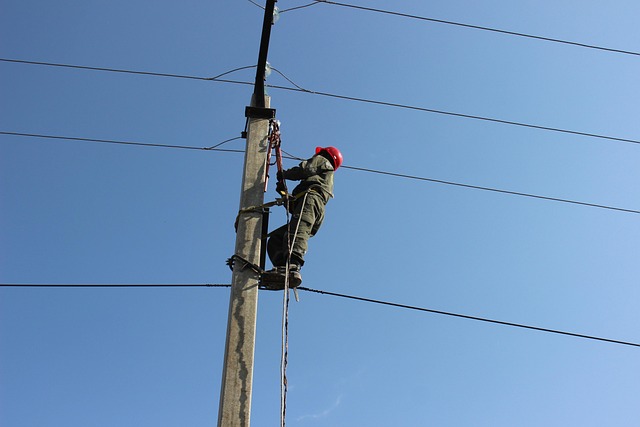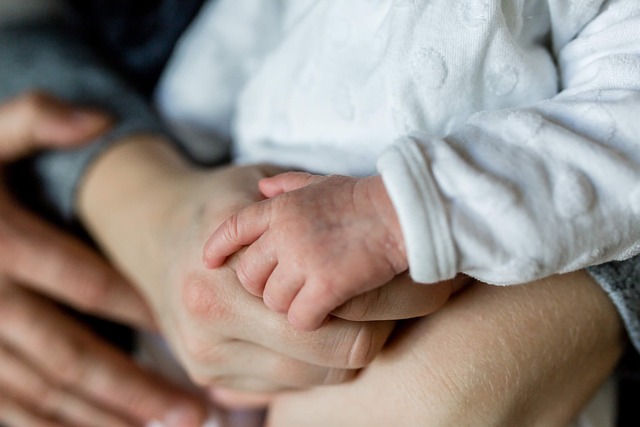In Oregon, legal custody options for grandparents offer a crucial support system for families. Understanding the state’s custody laws is essential for grandparents seeking to nurture their grandchildren. This article provides a comprehensive guide to grandparent custody in Oregon, including definitions, eligibility criteria, and navigating the legal process. We explore different custody types, rights, and responsibilities, ensuring grandparents are equipped with the knowledge needed to exercise their custody rights effectively.
- Understanding Legal Custody in Oregon: A Grandparent's Perspective
- – Definition of legal custody and its types in Oregon
- – Rights and responsibilities associated with different custody levels
Understanding Legal Custody in Oregon: A Grandparent's Perspective

In Oregon, understanding legal custody options is essential for grandparents looking to ensure their involvement in their grandchildren’s lives. The state recognizes various forms of custody, including sole custody, joint custody, and temporary custody, each with its own set of rights and responsibilities. Grandparents who wish to pursue custody or visitation rights should familiarize themselves with these options, as it can significantly impact their ability to make important decisions for their grandchildren.
Oregon’s family custody laws are designed to prioritize the best interests of the child, meaning courts will consider factors such as the child’s safety, stability, and relationship with potential caretakers. For grandparents, this could mean demonstrating a loving, stable home environment and a history of positive interactions with the grandchild. Seeking guidance from legal professionals specializing in family law can be invaluable for navigating these complex custody matters and ensuring grandparent’s rights are protected under Oregon’s custody laws.
– Definition of legal custody and its types in Oregon

In Oregon, legal custody refers to the rights and responsibilities a parent or grandparent has regarding their child’s welfare and decision-making. There are two main types: sole custody, where one parent has complete authority, and joint custody, which allows both parents (or grandparents in certain cases) to share these rights. Grandparents in Oregon can seek legal custody of their grandchildren under specific circumstances, such as when the parents are unable or unwilling to care for them. Understanding the state’s custody laws is crucial for grandparents aiming to gain or maintain significant roles in their grandchildren’s lives.
Oregon family custody laws provide a framework for determining what arrangement is in the child’s best interest. Grandparent custody guidance often involves petitioning the court, presenting evidence of parental unfitness or inability to care for the child, and demonstrating their own capacity to provide a stable and loving home. This process requires knowledge of various legal terms and procedures, making it essential for grandparents to seek professional advice when navigating these complex matters.
– Rights and responsibilities associated with different custody levels

In Oregon, various legal custody options are available for grandparents seeking to care for their grandchildren. The state’s family custody laws outline different levels of custody, each with its own rights and responsibilities. Joint physical custody allows both parents and grandparents to share time with the child, while sole physical custody grants full-time care to one party. In cases where shared legal decision-making is deemed best for the child, both parents and grandparents can participate in crucial decisions regarding their upbringing.
Understanding these custody levels is essential for grandparents navigating Oregon’s family law system. Custody guidance is available through legal professionals specializing in these matters. They can help clarify rights, ensure compliance with laws, and advocate for the best interests of both grandchildren and grandparents during court proceedings. This support is particularly important when grandparent custody is contested, ensuring a smooth transition and the child’s well-being at the heart of the process.














